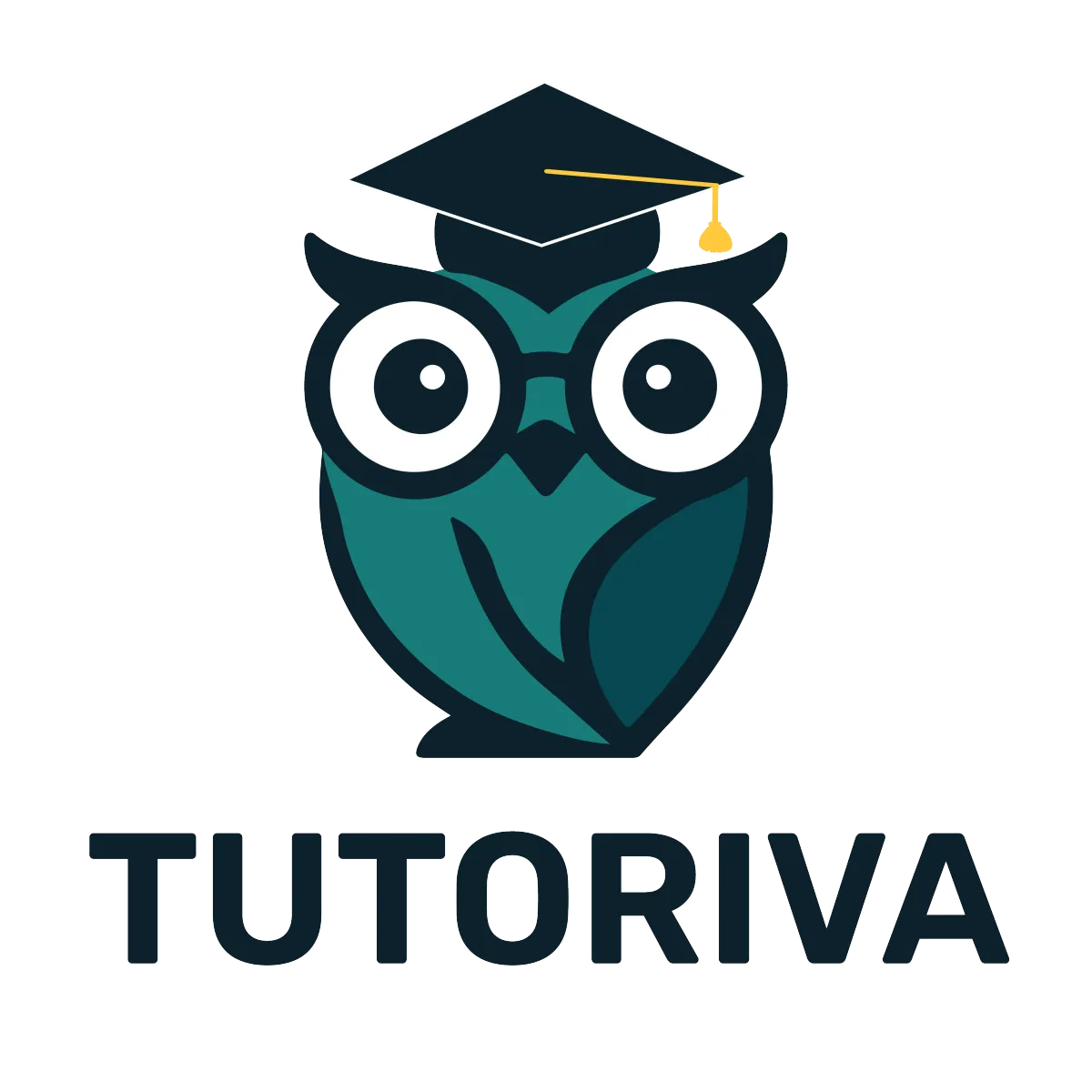
ADHD & LEARNING DISABILITIES
We Reinforce Daily Practice Habits That Improve Your Child’s Focus and Task Completion


Tailored In‑Home Tutoring for Every Student Struggling
with Learning Difficulties
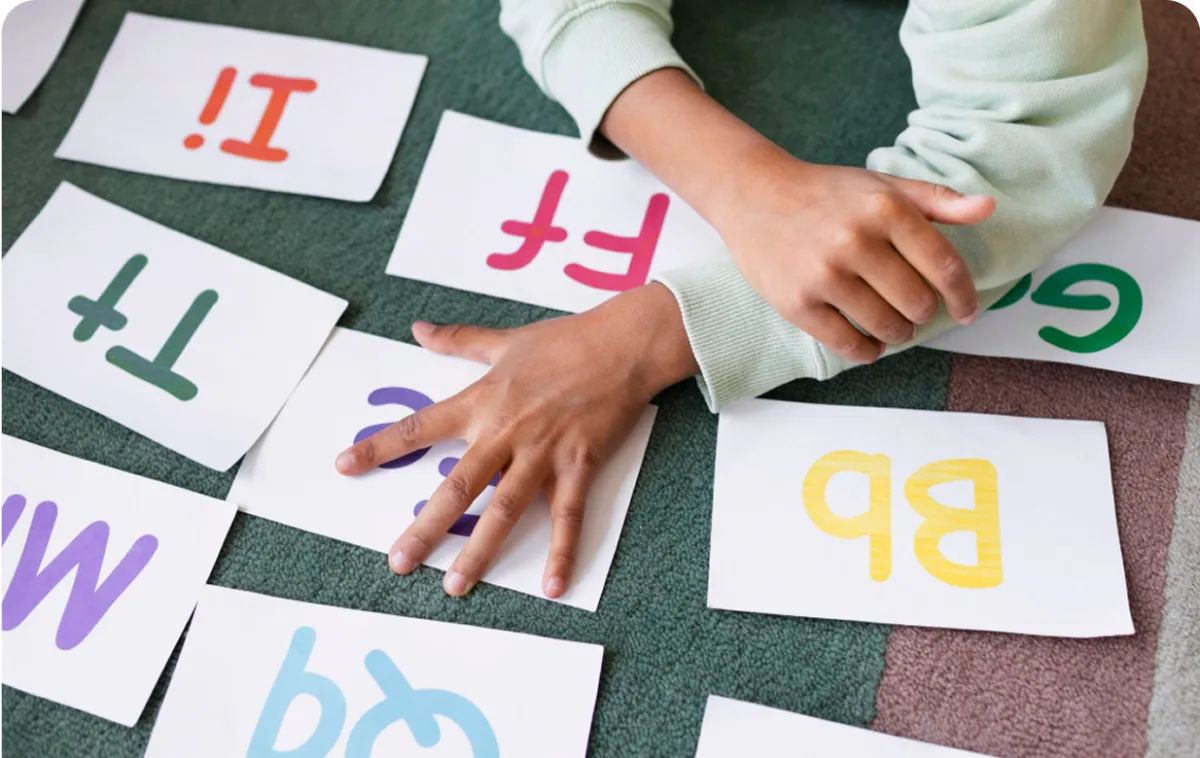
Dyslexia
Students who struggle with decoding, fluency, and reading comprehension benefit from multisensory strategies and structured reading plans that build skills step by step.

ADHD / ADD
We work with children facing attention and impulse-control challenges by creating clear, predictable routines and minimizing distractions helping them stay seated, focused, and productive.

Autism Spectrum
Personalized one-on-one sessions provide a calm space to practice communication, social interaction, and academic skills, often incorporating visual supports and sensory-friendly strategies.

Dysgraphia
For students with handwriting or fine-motor delays, we offer direct instruction in letter formation, spelling, and composition using adaptive tools and guided practice.

Dyscalculia
Children who struggle with number sense, math facts, or multi-step problem solving learn through visual aids, manipulatives, and gradual skill-building approaches.
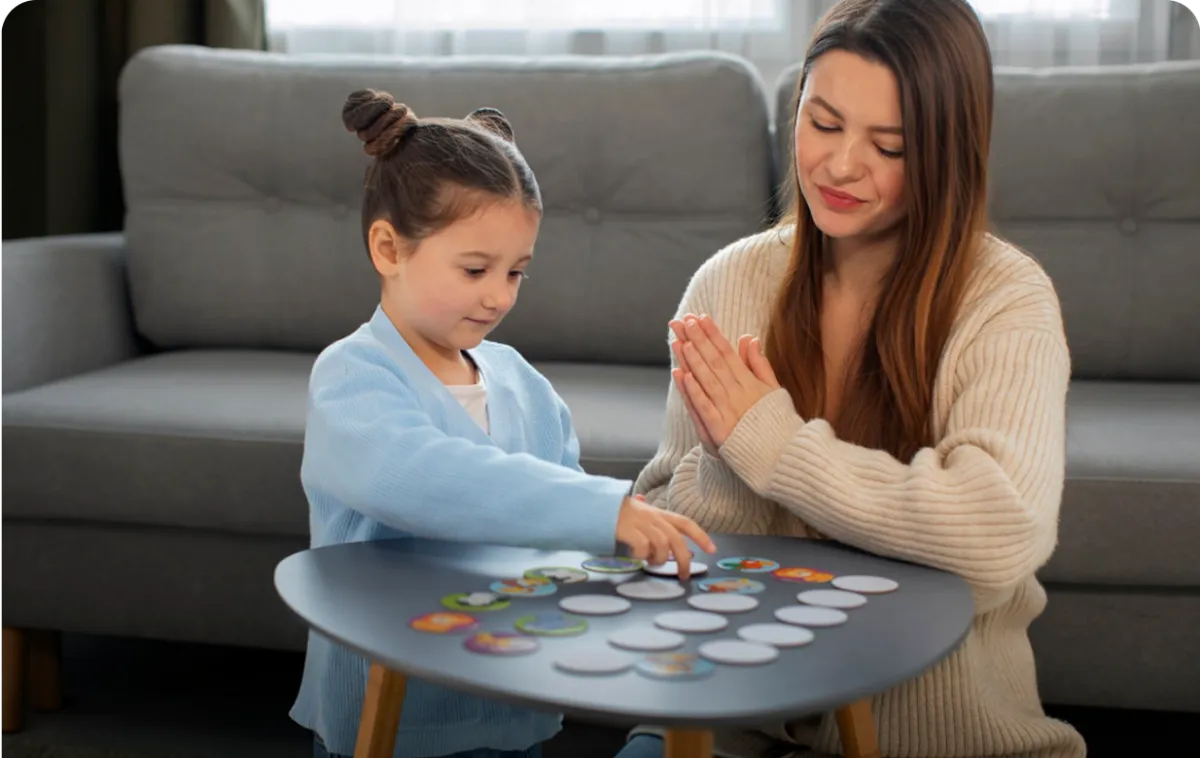
Auditory & Visual Processing Disorders
These learners receive tailored support in differentiating sounds or visual patterns, strengthening memory, and improving comprehension through targeted exercises.
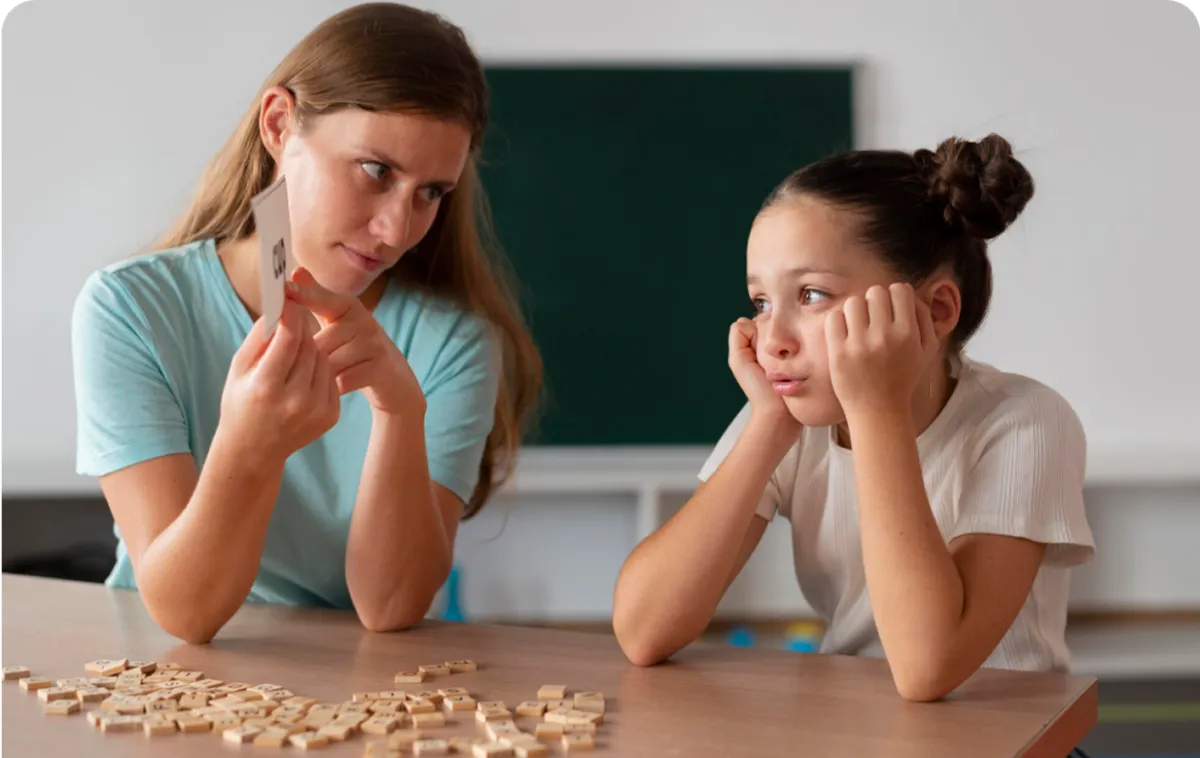
Non-Verbal Learning Difficulties
We help students improve spatial awareness, math reasoning, and social-cognitive skills using structured guidance and visual frameworks.

Executive Function Challenges
Students gain from direct coaching in planning, organization, time management, and working-memory strategies that are explicitly practiced in real-home learning scenarios.

Other Learning Difficulties
We also support learners with language processing issues, test anxiety, low academic self-esteem, and more, using evidence-based strategies tailored to their individual profiles.
Our “Learning Built to Last” Program
Our signature Learning Built to Last (LBTL) study-skills program is a structured, one-on-one study skills tutoring program designed to teach students how to learn effectively, especially those with learning challenges like ADHD, dyslexia, and executive function difficulties. Here's how we help your child learn smarter:

Skill-by-Skill Diagnostic Assessment
We begin with a structured assessment that checks how your child handles essential learning skills, including time management, attention control, memory, organization, active reading, and test preparation. We also assess their preferred learning style (visual, auditory, kinesthetic) and identify patterns, like whether they frequently lose assignments, avoid starting tasks, or forget multi-step instructions.
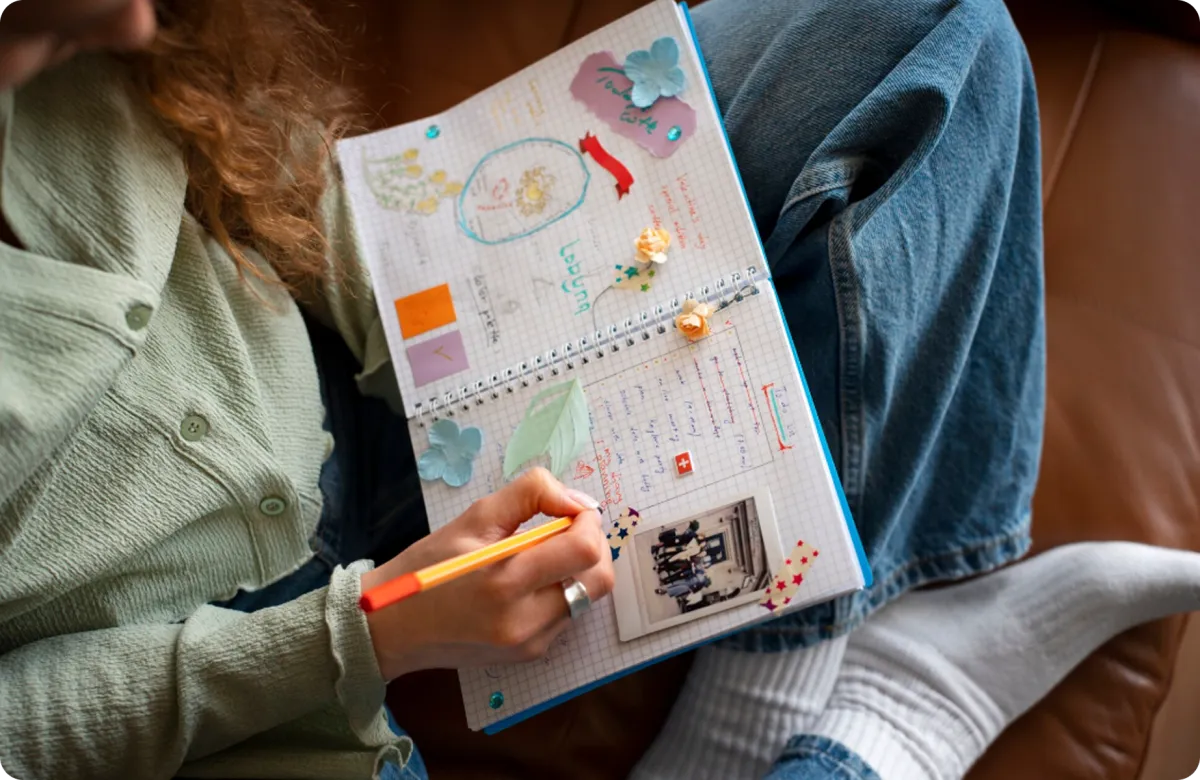
Personalized Study Plan Creation
Based on the diagnostic, we create a customized plan targeting one skill at a time, starting with the most urgent learning barrier. For example:
A child who forgets homework may start with visual checklists and a daily backpack review routine.
A student with reading struggles may focus on summarizing paragraphs aloud and using color-coded highlighting to track ideas.
We build structured habits using tools like assignment calendars, homework folders, “to-do” timers, and visual reminders, set up to be used daily at home and in tutoring sessions.


One-on-One Skill Coaching
Each week, tutors explicitly teach and model study techniques such as:
Organization: Using folders to sort work by subject, labeling materials, and checking an assignment log daily.
Time Management: Breaking 45-minute assignments into 3 smaller parts with built-in 5-minute breaks.
Focus: Using noise-reducing headphones or visual timers to work in 10–15 minute blocks without distraction.
Memory: Practicing spaced repetition, creating flashcards with images and keywords, or using acronyms.
Active Reading: Highlighting key ideas, writing one-sentence summaries after each paragraph, and turning headings into questions.
Each skill is practiced repeatedly with real assignments so it becomes automatic.

Real-World Practice & Accountability
Tutors sit beside your child and help apply the study skills during actual schoolwork. For example:
During reading homework, we show them how to scan questions before reading, highlight answers as they go, and create a two-column note page.
For math, we teach them to underline keywords in word problems, label each step, and use “scratchpad” organization.
Tutors use behavior charts, assignment checklists, and session debriefs to hold your child accountable, track usage of the skill, and reinforce progress in each session.


Measurable Progress & Skill Mastery
Progress is tracked with specific benchmarks:
Student checks and updates planner independently 4 out of 5 days per week
Student completes 90% of assignments on time for two consecutive weeks
Student can summarize a one-page text in 3 key sentences without prompting
Student starts homework without reminders in 3 out of 4 sessions
Student stays focused for 15 minutes with one break, increasing from 5 minutes
Parents receive a short weekly report card showing skill targets, current performance, and areas that still need support.

Long-Term Learning Independence
Once foundational skills are solid, tutors guide students to self-manage their learning. This includes:
Creating and following their own study schedules
Using a checklist to complete multi-step tasks without adult cues
Knowing when and how to ask for help (e.g., drafting an email to a teacher)
Preparing for a test by creating their own review materials
Adjusting their workspace and routine when they notice distractions
By this stage, students are equipped to manage their own learning systems at home and school, and maintain academic habits even without tutoring present.

Why Choose Us
Every child learns differently, especially those with ADHD, dyslexia, autism, or other learning challenges.
Here’s what makes our approach different:
Personalized Support for Neurodivergent Learners
We specialize in working with children diagnosed with ADHD, dyslexia, autism, executive function disorder, and other learning challenges. Each tutor is selected based on their experience with your child’s specific needs and learning profile.
Study Strategies That Build Independence and Confidence
Our tutors explicitly teach study habits like how to use a planner, break tasks into steps, and prepare for tests. These tools are modeled and practiced until your child can apply them independently, at home and in school.
Skills Practiced Through Actual Homework and Class Assignments
We don’t rely on generic workbooks. Our tutors work directly with your child’s real school materials to reinforce skills in the context of current classroom expectations, making each session immediately useful.
Flexible Session Times That Match Your Family’s Schedule
Your child learns best when they’re calm and rested, not rushed after school. That’s why we offer sessions during evenings or weekends, at times that work best for your family’s schedule and energy level.
Clear Weekly Progress Reports
for Parents
You’ll receive weekly updates that explain exactly what was taught, how your child responded, and what skill was improved. We track progress in specific, observable terms, like task completion time or reading fluency.
Learning Foreign Languages with a Tutor vs DIY
Apps, self-study books, and YouTube channels have their place—but they can’t replicate the guidance and accountability of a dedicated tutor. Here’s how the two approa ches compare:
Definition
Study Skills (What We Teach)
Parent relies on online resources or generic curriculum
Tutoriva Professional Tutoring
Custom plans based on diagnostics, IEPs, and learning profile
Examples
Self-Teaching (Apps, Books, Videos)
Behavioral outbursts often disrupt sessions; routines are hard to maintain
Tutoriva Language Tutoring
Tutors use proven methods like task chunking and built-in breaks to manage behavior
Purpose
Self-Teaching (Apps, Books, Videos)
Trial-and-error methods, often leads to conflict or frustration
Tutoriva Language Tutoring
Proven strategies (e.g., visual timers, structured breaks) built
into each session.
Application
Self-Teaching (Apps, Books, Videos)
Skills like summarizing, notetaking, and time management often skipped
Tutoriva Language Tutoring
Study skills like planners, visual aids, and test prep are explicitly
taught and practiced
Impact
Self-Teaching (Apps, Books, Videos)
Parents track progress informally through observation or test grades.
Tutoriva Language Tutoring
Tutors provide weekly reports with measurable goals like “starts tasks in under 3 mins”
DIY Homeschooling vs. Professional Tutoring for
Neurodivergent Learners
Homeschooling offers flexibility and personal involvement, but for neurodivergent children, it can quickly become overwhelming without the right structure, strategies, and expertise. Here’s how professional in-home tutoring with
Tutoriva compares:
DIY Homeschooling
Tutoriva Professional Tutoring
Instruction Method
Parent relies on online resources or generic curriculum
Custom plans based on diagnostics, IEPs, and learning profile
Structure and Routine
Behavioral outbursts often disrupt sessions; routines are hard to maintain
Tutors use proven methods like task chunking and built-in breaks to manage behavior
Behavior Management
Trial-and-error methods, often leads to conflict or frustration
Proven strategies (e.g., visual timers, structured breaks) built
into each session.
Skills Learned
Skills like summarizing, notetaking, and time management often skipped
Study skills like planners, visual aids, and test prep are explicitly
taught and practiced
Progress Tracking
Parents track progress informally through observation or test grades.
Tutors provide weekly reports with measurable goals like “starts tasks in under 3 mins”
Let’s Explore What’s Possible for Your Child
Sometimes progress starts with a simple conversation. If your child is facing challenges with focus, reading, or school routines, our team is here to help you understand your options.
No obligations. No pressure. Just expert insight into how personalized, in-home tutoring can support your child’s growth, on their terms.
